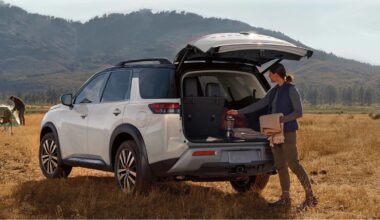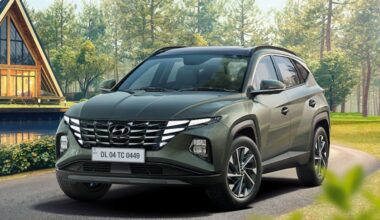Buying your first car is an exciting milestone in life, but it can also be a daunting process with many factors to consider. From budget constraints to personal preferences, there’s a lot to think about before making such a significant purchase. In this comprehensive guide, we’ll explore the essential things to keep in mind while buying your first car, ensuring that you make a well-informed decision that suits your needs and lifestyle.
Determine Your Budget
Before you start browsing cars, it’s crucial to establish a realistic budget. Consider not only the purchase price but also ongoing expenses like insurance, maintenance, fuel, and registration fees. Aim to find a balance between affordability and the features you desire in a car.
Assess Your Needs
Think about your lifestyle, commute, and future plans to determine the type of car that best suits your needs. Consider factors such as size, fuel efficiency, storage space, safety features, and seating capacity. Whether you need a compact sedan for city driving or an SUV for outdoor adventures, choose a car that aligns with your lifestyle and priorities.
Research Extensively
Take the time to research different car models, brands, and features that fit within your budget and meet your requirements. Read reviews, compare specifications, and seek recommendations from friends, family, and automotive experts. Pay attention to factors like reliability, safety ratings, and resale value to make an informed decision.

Test Drive Multiple Cars
Never underestimate the importance of a test drive. Schedule test drives for multiple cars you’re interested in to get a feel for their performance, handling, comfort, and features. Pay attention to factors like visibility, seating comfort, steering responsiveness, and noise levels. Don’t rush the decision—take your time to ensure you find the right fit.
Conduct a Thorough Inspection
If you’re considering buying a used car, it’s essential to conduct a thorough inspection to assess its condition and identify any potential issues. Look for signs of wear and tear, check the vehicle history report, and consider hiring a mechanic for a professional inspection. Don’t hesitate to ask the seller questions about maintenance records, accident history, and warranties.
Consider Financing Options
Decide whether you’ll purchase the car outright or finance it through a loan. Explore financing options from banks, credit unions, or dealership financing departments to find the best interest rates and terms. Calculate monthly payments, down payment requirements, and total loan costs to ensure they fit within your budget.
Factor in Insurance Costs
Before finalizing your decision, obtain insurance quotes for the cars you’re considering. Insurance premiums can vary significantly based on factors like the car’s make and model, age, safety features, and your driving history. Choose a car with reasonable insurance rates to avoid financial strain.
Evaluate Ownership Costs
Beyond the purchase price, consider the long-term ownership costs associated with each car. Research maintenance schedules, average repair costs, and fuel efficiency ratings to estimate ongoing expenses. Opt for a car with low maintenance requirements and good fuel economy to minimize operating costs over time.

Prioritize Safety Features
Safety should be a top priority when buying a car, especially for new drivers. Look for vehicles equipped with advanced safety features like airbags, anti-lock braking systems (ABS), electronic stability control (ESC), rearview cameras, and collision avoidance systems. Choose a car with high safety ratings from reputable sources like the National Highway Traffic Safety Administration (NHTSA) and the Insurance Institute for Highway Safety (IIHS).
Consider Resale Value
While it’s easy to focus on your immediate needs, it’s also essential to consider the car’s resale value down the road. Choose a car with strong resale value and a good reputation for reliability to maximize its value over time. Popular models from reputable brands tend to hold their value better than niche or less-known vehicles.
Buying your first car is a significant decision that requires careful consideration and research. By determining your budget, assessing your needs, conducting thorough research, and prioritizing safety and affordability, you can make a well-informed decision that meets your requirements and enhances your driving experience. Remember to take your time, test drive multiple cars, and seek advice from trusted sources to ensure you find the perfect first car for your needs and lifestyle.










